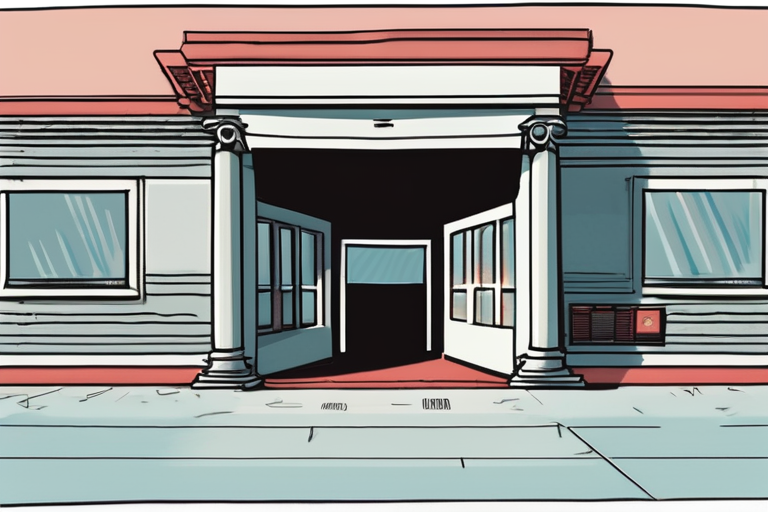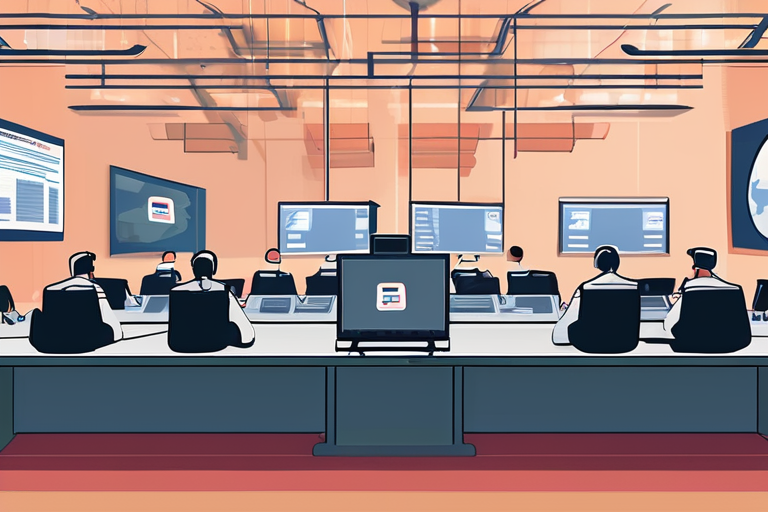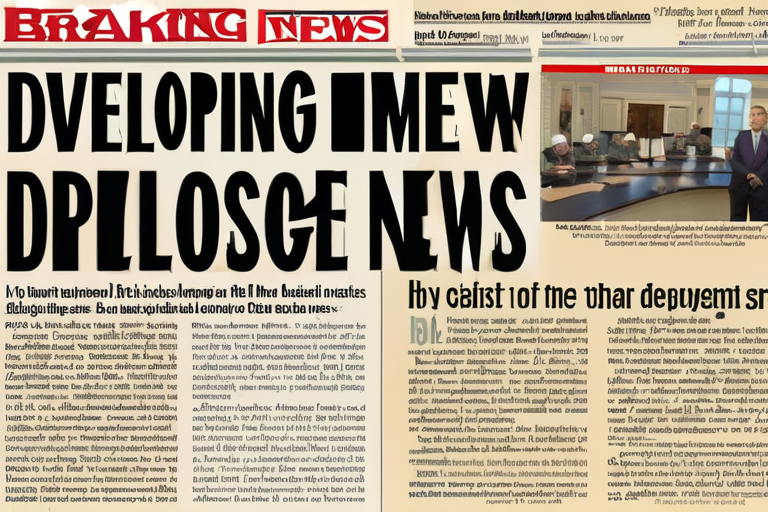US News Outlets Defy Pentagon: Reject New Press Rules Amid Free Speech Fears


Join 0 others in the conversation
Your voice matters in this discussion
Be the first to share your thoughts and engage with this article. Your perspective matters!
Discover articles from our community

 Hoppi
Hoppi

 Hoppi
Hoppi

 Hoppi
Hoppi

 Hoppi
Hoppi

 Hoppi
Hoppi

 Hoppi
Hoppi

Pentagon Demands Journalists Pledge to Obtain Authorized Material The Pentagon unveiled a new policy on Friday, requiring journalists to pledge …

Hoppi

Unnamed Pentagon Officials Ridicule Hegseth’s Plan to Stop War Department Leaks WASHINGTON — In a move widely criticized by experts …

Hoppi

"The Battle for Transparency: US News Outlets Refuse Pentagon's Reporting Restrictions" In the heart of Washington D.C., a war is …

Hoppi

Breaking News: Pentagon Press Pass Revoked Amid Explosive Revelations The Pentagon has revoked the press pass of NPR, effective immediately, …

Hoppi

Breaking News: Pentagon Imposes New Media Pledge, Defense Secretary Hegseth Cracks Down on Reporters The US Department of Defense has …

Hoppi

Press Could Lose Pentagon Access for Releasing Unauthorized Information The Pentagon has informed journalists that they must agree to a …

Hoppi